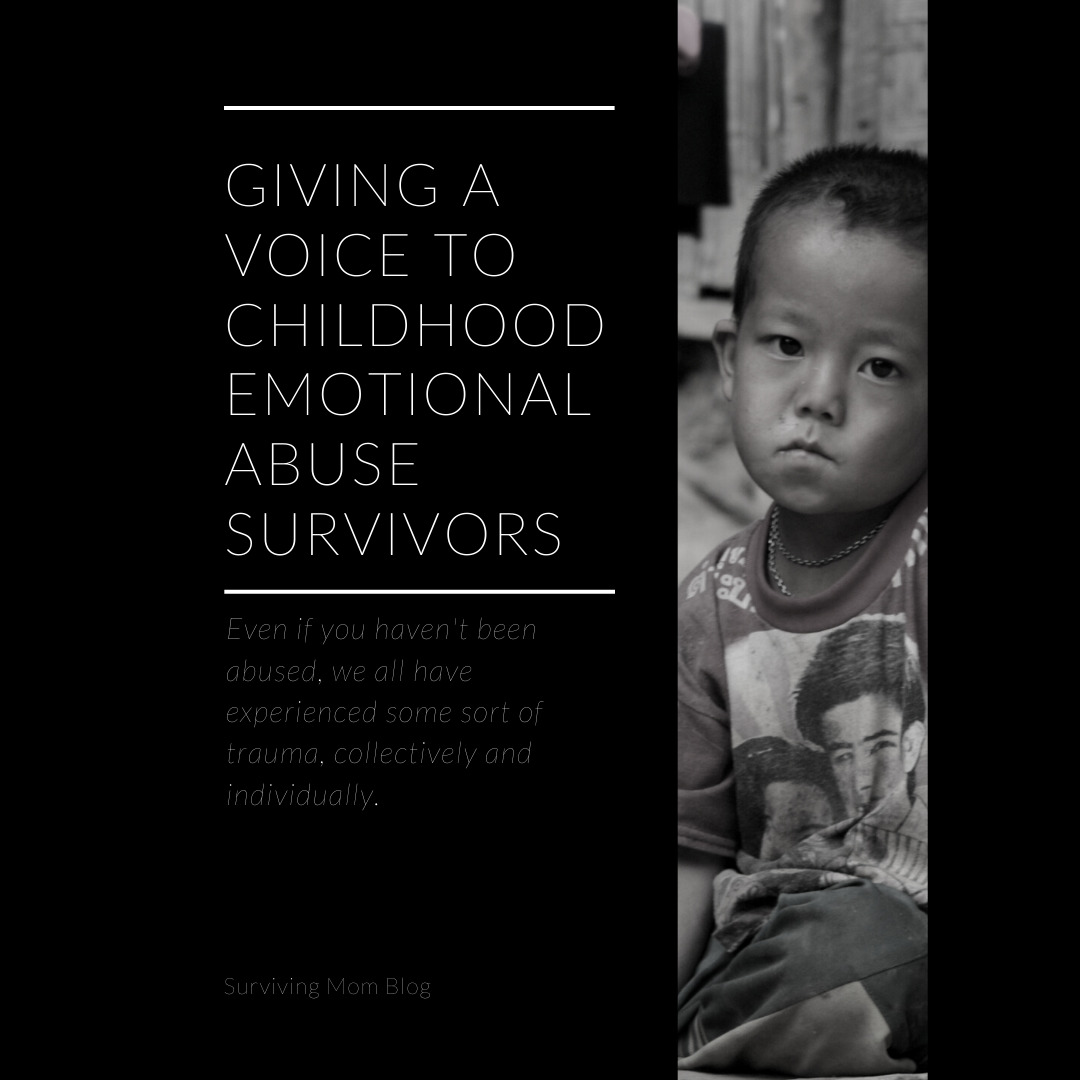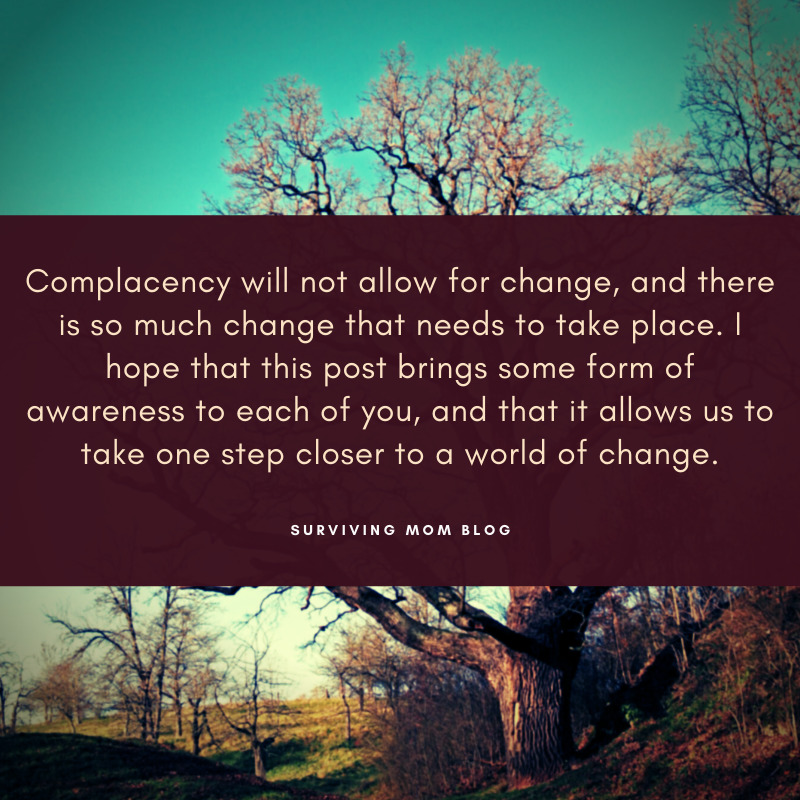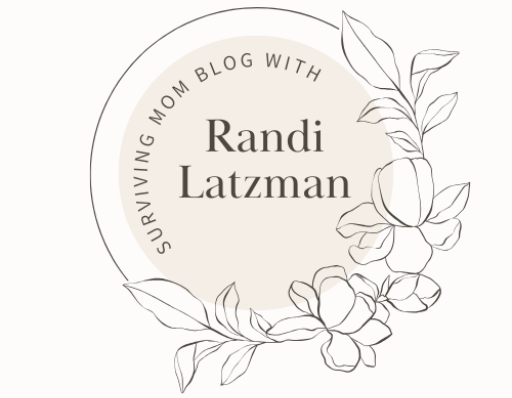
I started this blog to discuss the journey of motherhood. Additionally, I wanted a platform to address taboo topics to facilitate awareness and change.
I have discussed in other posts that I am a survivor of childhood psychological and emotional abuse. Even if you haven’t been abused, we all have experienced some sort of trauma, collectively and individually.
Helping childhood emotional abuse survivors share their story
Why? It isn’t something about my life that I openly broadcast (until now), but when I have shared it with a select few, the response I typically get is… nothing. People feel uncomfortable, so they say nothing at all and change the topic.
This is NOT the way to go. It takes a lot of courage for abuse survivors to tell their story. Before they tell it to you, they first have to accept it themselves. That is terrifying. For many people, what happened to them brings great guilt and shame. This truth applies to any type of trauma. Somehow we feel it is our fault because facing the painful reality that we were helpless and someone did something terrible to us is incredibly difficult to accept.
Even when we accept what happened, we are terrified that others will see us differently. We feel ashamed of our experience and fearful that others will shame us.
I know that there are no ill intentions when all I hear is the sound of silence. I know many of you are stunned and simply don’t know what to say. You don’t mean to make the person that opened up to you feel alone. However, silence will do just that.

If someone tells you their story, they are choosing to let you in to the most painful parts of their soul. They are sharing their vulnerability, their horror, and their pain.
Telling them it could have been worse or comparing a person’s pain to another is not the way to go. Every person’s pain deserves to be acknowledged and validated. What survivors of any type of trauma need more than anything is support and love.
HOW TO RESPOND WHEN A TRAUMA IS REVEALED
If an abuse survivor trusts you enough to tell you their story, it is important to respond with words and not silence. Therefore, here are some things you can say when a trauma is shared with you:
(1) What happened was not okay
Tell them that it was awful, terrible, horrible and that you can’t imagine their pain.
(2) If they are receptive, offer a hug
Sometimes hugs can express the sentiments you aren’t able to articulate.
(3) Tell them it wasn’t their fault, and that they didn’t deserve what happened to them.
This one is huge.
(4) Acknowledge abuse survivors’ bravery in telling their story
Let them know you feel honored that they chose to share it with you. As uncomfortable as you may feel hearing their story, the person telling it is feeling that way tenfold.
(5) Ask them what you can do to support them on their healing journey
DO NOT tell them what you think they should do. The needs of each survivor will vary, so please don’t ask them this question unless you are prepared to follow through with their response. For some, that may mean knowing that they can bring it up again, as they see fit. For others, they may not want to discuss it again. No matter what they decide, tell them you will be there for them.
(6) If you know someone who has experienced some form of trauma, please don’t be afraid to bring the topic up to them
Let that person know that you care, and you are sorry for what they endured. Don’t push them to talk about it if they don’t want to, but acting like you don’t know about their trauma is just as painful as saying nothing.
the importance of awareness

With events going on in the world today, I have learned more than ever about the importance of awareness. Awareness comes in many forms; those who need awareness that what they endured was indeed traumatic, and awareness of others to acknowledge and support an abuse survivor or someone else’s trauma.
Complacency will not allow for change, and there is so much change that needs to take place. I hope that this post brings some form of awareness to each of you, and that it allows us to take one step closer to a world of change.
What is your story? If you are willing to give a voice to your pain, I promise to listen.
